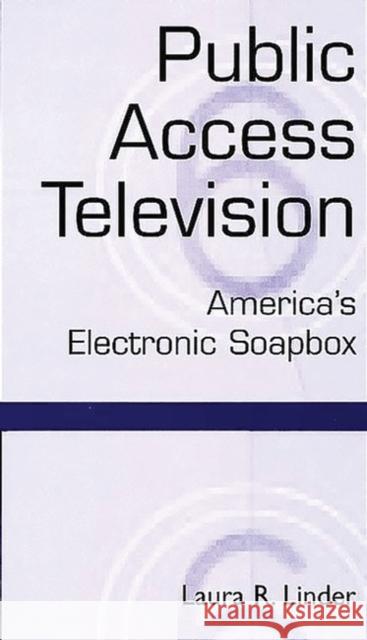Public Access Television: America's Electronic Soapbox » książka
Public Access Television: America's Electronic Soapbox
ISBN-13: 9780275964887 / Angielski / Miękka / 1999 / 192 str.
Public Access Television: America's Electronic Soapbox
ISBN-13: 9780275964887 / Angielski / Miękka / 1999 / 192 str.
(netto: 127,61 VAT: 5%)
Najniższa cena z 30 dni: 132,35
ok. 30 dni roboczych.
Darmowa dostawa!
As Laura Linder asserts, increased concentration of media ownership has resulted in the homogenization of public discourse. Packaged, commercialized messages have replaced the personalized and localized opinions necessary for the uninhibited marketplace of ideas envisioned in the First Amendment. Narrowcast outlets such as talk radio give vent to individual voices, but only to a limited, predefined audience. The media have led a social shift toward splintering and compartmentalization, away from pluralism and consensus.
Public access television provides an alternative to this trend, requiring active public participation in the process of developing community-based programming through the dominant medium of television. Today, more than 2,000 public access television centers exist in the United States, producing more than 10,000 hours of original, local programming every week. But public access television remains underutilized, even as deregulation and growing interest in other telecommunications delivery systems pose a potential threat to the long-term viability of public access television. In this comprehensive review of the background and development of public access television, Linder offers all the information needed to understand the theoretical and philosophical underpinnings as well as the nuts and bolts of public access television in the United States. Must reading for students and scholars involved with mass media in the United States and professionals in the television field.











